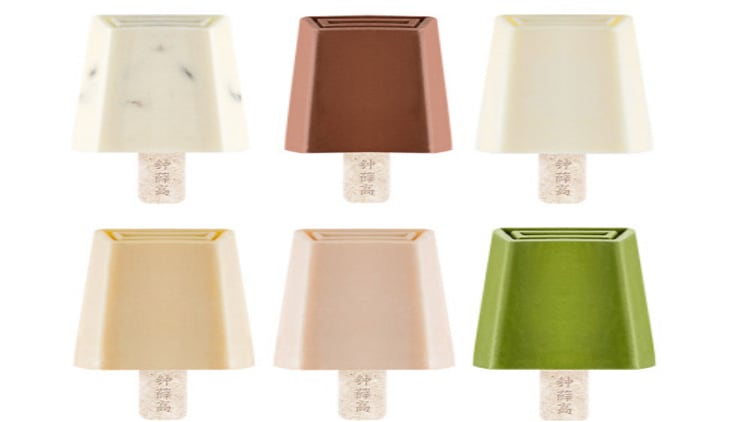Chocolate in China: Use in local food applications key to category success - Barry Callebaut China boss
Incorporating chocolate in local food applications is key to achieving market success for the category in China, according to Barry Callebaut, which expects to see launches of new products featuring its flagship Ruby chocolate increase this year.
Chocolate bars might be a favourite in other markets, but in China, other chocolate applications, especially ice-cream, was topping the sales chart instead, George Zhang, MD of Barry Callebaut China told FoodNavigator-Asia.
“Ice-cream has become the most popular application of chocolate currently. Five years ago, it was the vanilla flavoured ice-cream that was winning consumers. The Chinese prefers to consume chocolate in different forms, not just sweets alone, but in bakery, cakes, and local food applications,” Zhang said.
Nine nuts beverage: Chinese firm Howbetter seeks entry in Western’s plant-based drinks markets
Chinese firm Jiangsu Howbetter Food has launched a new plant-based beverage prototype made from nine different nuts and is keen to introduce its expertise to the West.
The firm specialises in food texture and premix technology for dairy, beverage, bakery, ice-cream.
Made with peanut, walnut, almond, hazelnut, pine nut, cashew nut, pecan, Australian macadamia nuts, and Hawaiian macadamia nuts, the firm showcased the prototype of its nine nuts plant protein beverage during the recent Food Ingredients China exhibition.
Speaking to FoodNavigator-Asia during the exhibition, general manager Spring Li said it took the team about half a year to develop the product, including selecting the types of nuts, considering the roasting process, harmonising the flavours and texture, and ensuring the stability of the product.
China tops the US in embracing plant-based and clean meat products: Study
More well-educated and high income Chinese city-dwellers are embracing plant-based and clean meat as a healthier, more nutritious, and exciting option.
In fact, they prefer plant-based and clean meat more than the Americans, although the US is the innovation hub of alternative meat products, where companies such as Impossible Foods, JUST, and Beyond Meat are based.
According to a study published in Frontiers in Sustainable Food Systems, more Chinese were “very or extremely likely” to buy clean meat when compared to the Americans and Indians.
The number of Chinese who were “very or extremely likely” to purchase clean meat was twice as much as the Americans at 59.3% versus 29.8% and 10% more than the Indians.
China fights fake food: Authorities vow to 'bankrupt' firms responsible and 'reward' whistle blowers
Chinese authorities are trying to reduce the prevalence of fake food by imposing heavier penalties on manufacturers and sellers until "they are made bankrupt".
Zhang Mao, the head of China’s State Administration of Market Regulation (SAMR) made the point at the press conference for the second session of the 13th National People’s Congress.
“We need to significantly increase the costs of such violations to make violators go bankrupt and publicly list these violators so there is no place for them to hide,” he said.
He said that the authorities had identified a number of key products for heavy monitoring, with food, medicines, children and elderly products topping the list.
Besides imposing heavier fines, Zhang said whistle-blowers would be “handsomely rewarded”.
Premium trumps sustainability in Chinese chocolate, coffee and tea markets – Exclusive insights
Chinese consumers still prefer premium products as opposed to those making sustainability claims, in contrast to many other markets worldwide, according to analysis from insights provider Lumina Intelligence.
Lumina Intelligence is an insights service operated by William Reed,, the publisher of FoodNavigator-Asia.
“Brands making ethical claims in China have half the number of Weibo followers than products making no claims. Premium trumps sustainability at present [in China],” Lumina Intelligence Analyst Oliver Nieburg told FoodNavigator-Asia.
A detailed analysis of over 150 of the bestselling products across chocolate countlines, chocolate tablets, coffee, black tea and green tea sold by five major retailers in the country (Vanguard, RT Mart, Tmall, JD and Suning) revealed that just 9% of products made sustainable claims.





